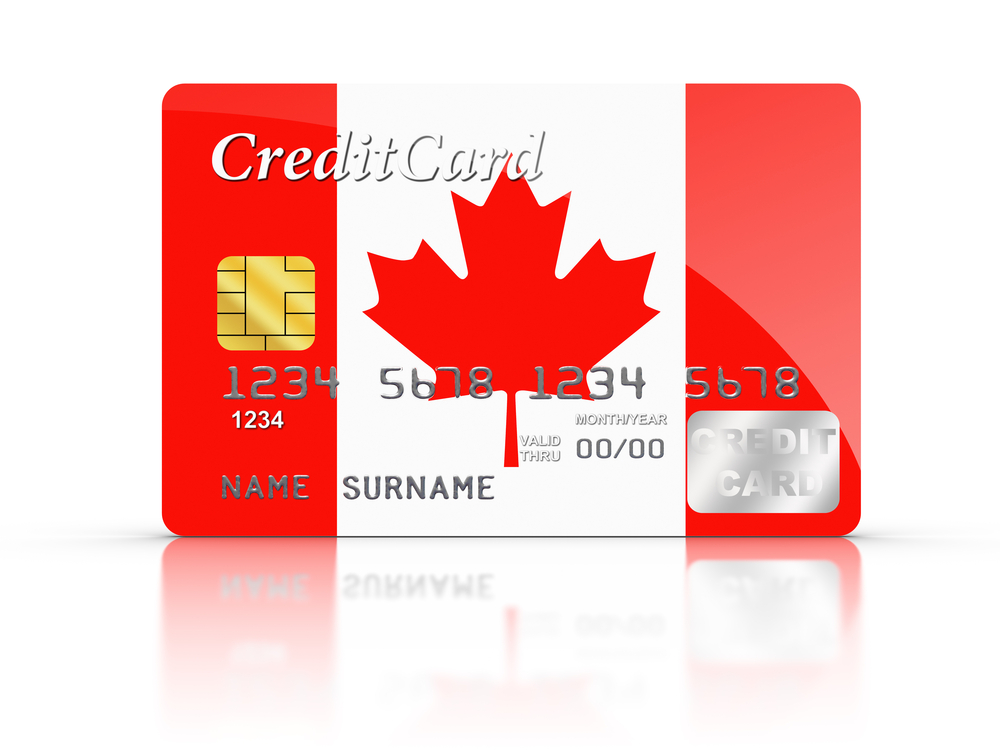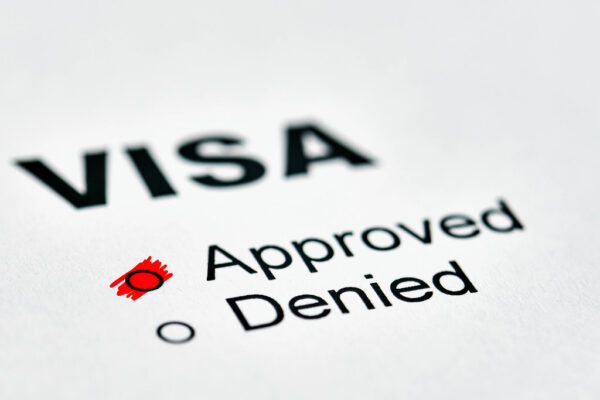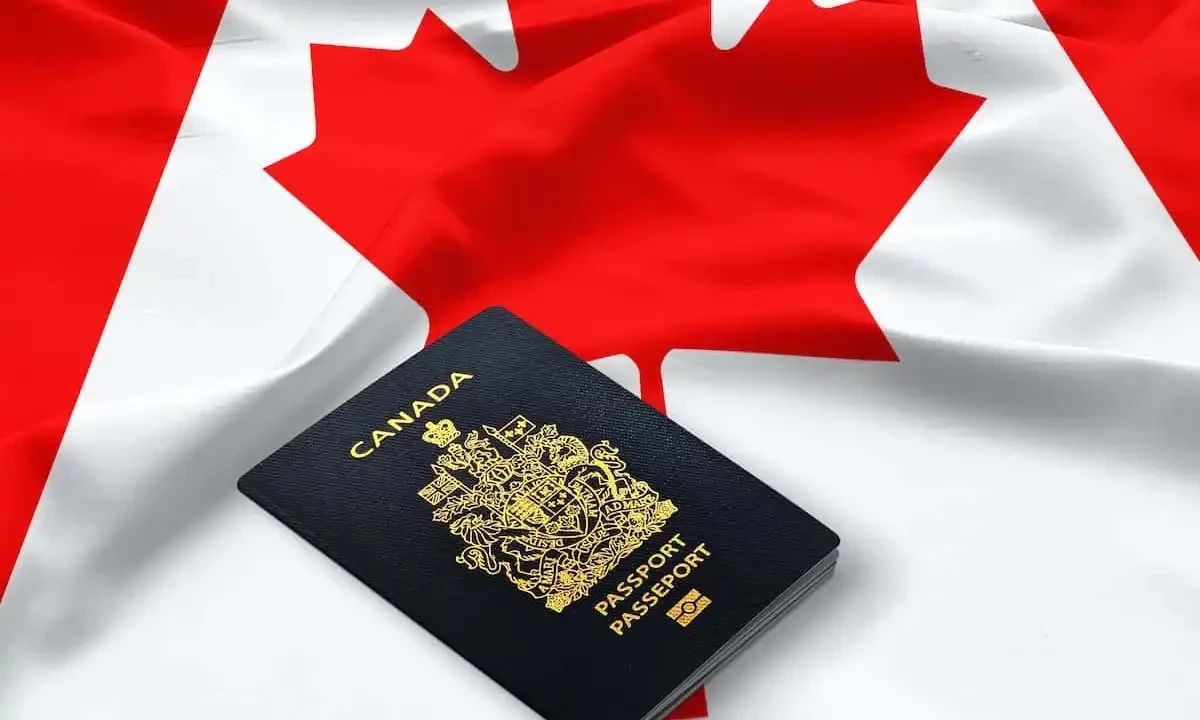As a newcomer, understanding Canadian credit cards is a way to start building your financial future here. In this article, we’ll offer tips to help you use them wisely.
What is a Credit Card and How Does it Work?
A credit card is a financial tool that allows you to borrow money up to a certain limit for purchases, cash advances, or balance transfers. You repay over time, either in full or with monthly payments. As you pay off what you owe, your available credit renews, offering flexibility and a convenient and secure way to shop.[1]
When researching or applying for a Canadian credit card, you may see some unfamiliar financial terms. Here are some simple definitions to help make things clearer:
- Billing Cycle: The regular time period, usually monthly, when your credit card statement is generated. If you don’t pay your balance in full by the due date, interest will likely apply.
- Minimum Payment: The smallest amount you must pay by the due date. If the minimum payment is late, your interest rate(s) may increase.
- Interest Rate: This is the interest rate you will be charged on borrowing (like loans or credit card debt) over a year.
Credit cards are versatile and can be used for several types of transactions, each with unique terms:
- Purchases: The most common transaction—your credit card issuer pays the merchant, and you repay the balance.
- Cash Advances: Withdrawing cash from your credit card. These often have high fees and start accruing interest immediately.
- Balance Transfers: Moving debt from one credit card to another, often with promotional interest rates.
How is interest applied?
Other fees to consider:
Credit cards may come with various additional fees, including:
- Annual Fees: Some cards charge a yearly fee for having the card, which can vary in cost.
- Foreign Transaction Fees: If you make purchases abroad, you might pay 2-3% extra on each transaction.
- Over-Limit Fees: When the balance on your credit card is over the credit limit, you may have to pay an over-the-limit-fee.
- Late Payment Penalties: Missing a payment can result in a fee and may negatively affect your credit score.
- Balance Transfer Fees: Balance transfer fees only apply to promotional Balance Transfer offers. The fee is based on a percentage of your total Balance Transfer amount.
Using your card overseas may be more convenient and secure than cash, but watch out for:
- Foreign Transaction Fees: Look for cards that waive these fees to save money when travelling.
- Better Exchange Rates: Credit cards may often provide better rates than cash exchanges.
- Security: Remember that credit cards may be safer than carrying large sums of cash.
In Canada, your credit history plays an important role in many financial decisions. Credit cards might be one of the easiest ways to start building your credit profile.
How your credit history affects your finances:
Lenders, landlords, and even some employers may assess your credit history to evaluate your financial reliability. A good credit score could help you qualify for loans, secure lower interest rates, or rent a home.
Building your credit score: tips for responsible credit card usage[3]:
- Do: Make payments on time.
- Do: Keep your credit use low—aim to use less than 30% of your available limit.
- Don’t: Max out your credit card or miss payments, as these could harm your credit score.
Some Benefits of Credit Cards for Newcomers:
In addition to building a strong credit history, credit cards offer several features that might help newcomers like you[4]:
- Earning Perks and Rewards:
Many credit cards offer rewards programs, including cashback, travel rewards, or points redeemable for discounts. For instance, you might earn points for every dollar spent, which could then be used for perks such as flights, hotels, or gift cards. - Insurance Features[5]:
Some credit cards come with built-in insurance, such as travel insurance, purchase protection, or extended warranties.
Discover TD’s Credit Card Offerings for Newcomers:
TD Bank offers a range of credit cards[6] designed to suit different needs – including some you may have as a newcomer. Whether you’re looking for a card with no annual fee, one with cashback rewards, or a travel-friendly card, TD might have an option that works for you.
Some popular TD credit cards include:
- TD Cash Back Visa* Card: Earn Cash Back Dollars. Redeem them to help pay down your Account balance[7]
- TD Rewards Visa* Card: Earn TD Reward Points on all the things you normally do, whether you use your card for groceries, dining, or paying bills.
- TD® Aeroplan® Visa Platinum* Credit Card: Start earning Aeroplan points that you can share with loved ones on all your Purchases made with this card.
- Additionally, TD offers tools like TD Credit Card Payment Protection[8], which could help safeguard your financial health in case of unforeseen circumstances.
Canadian credit cards don’t have to be intimidating. They may be a valuable tool for newcomers, offering convenience, perks, and an opportunity to build credit history. By understanding how they work and using them responsibly, you may tap into their benefits and avoid unnecessary fees.





